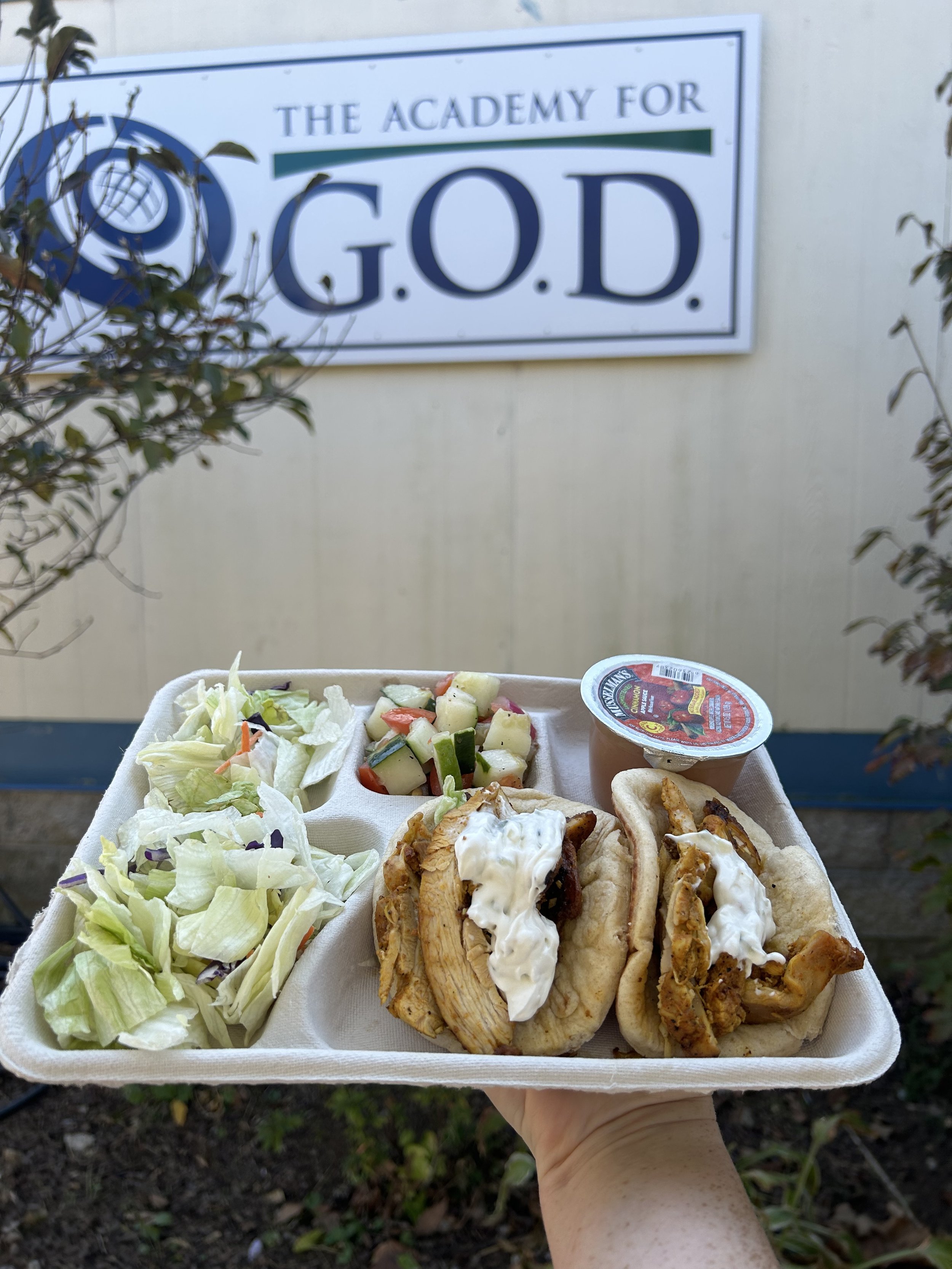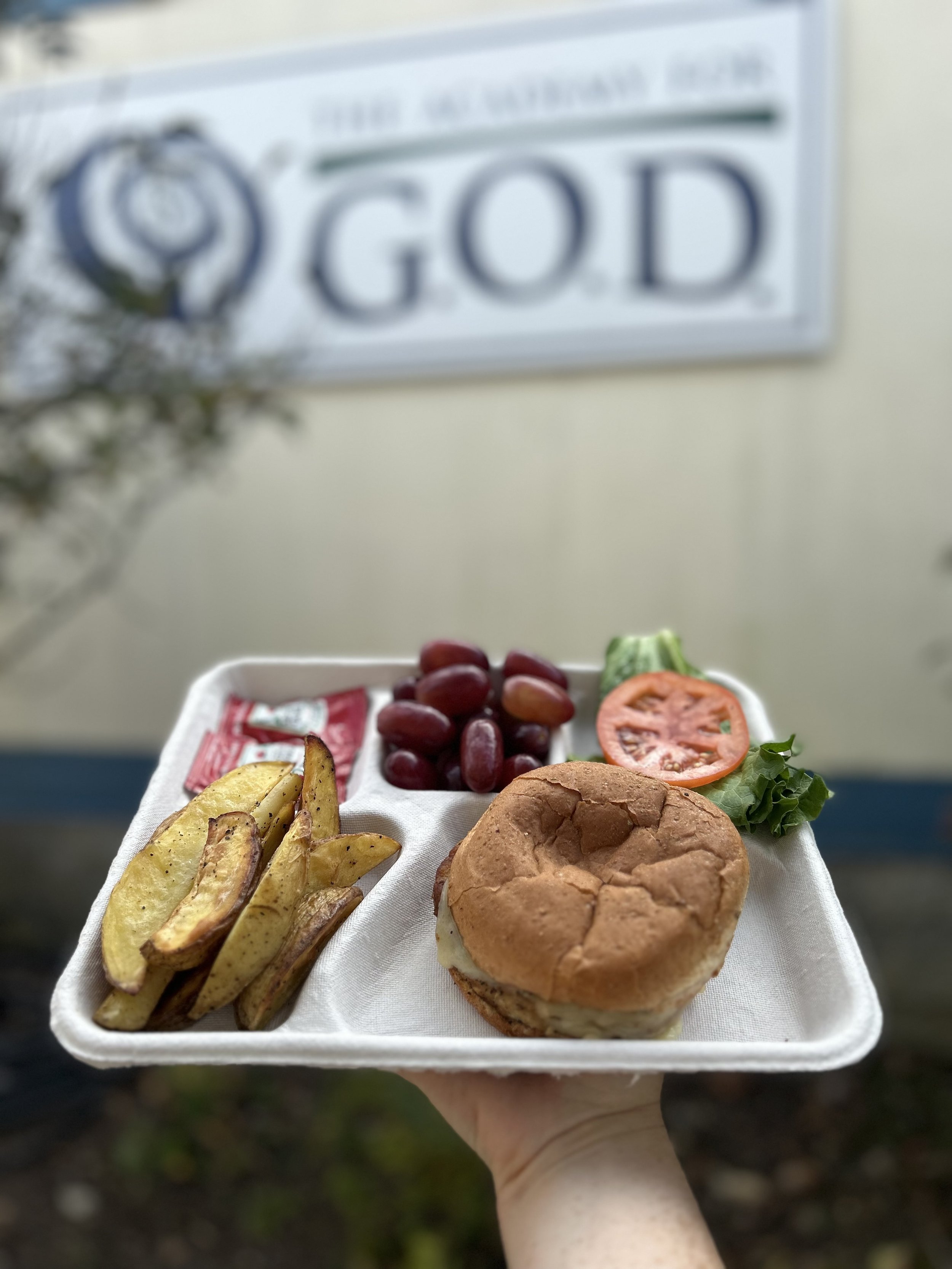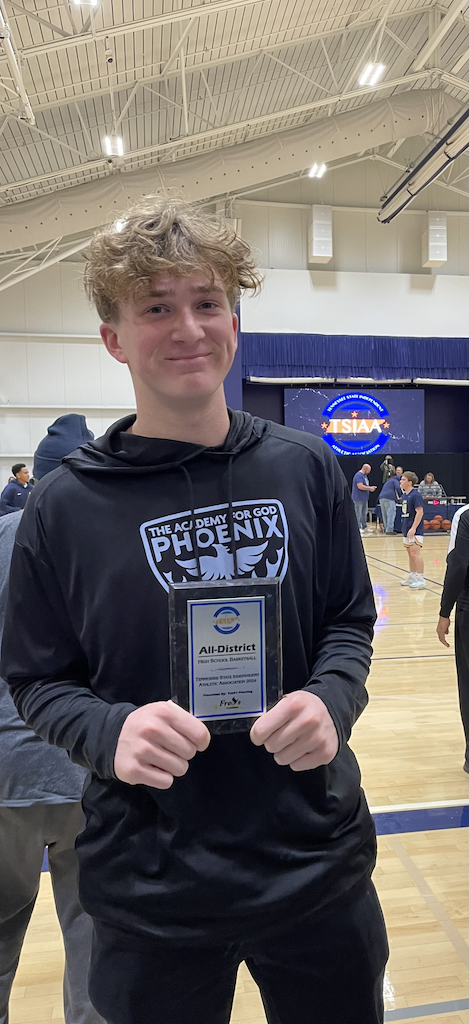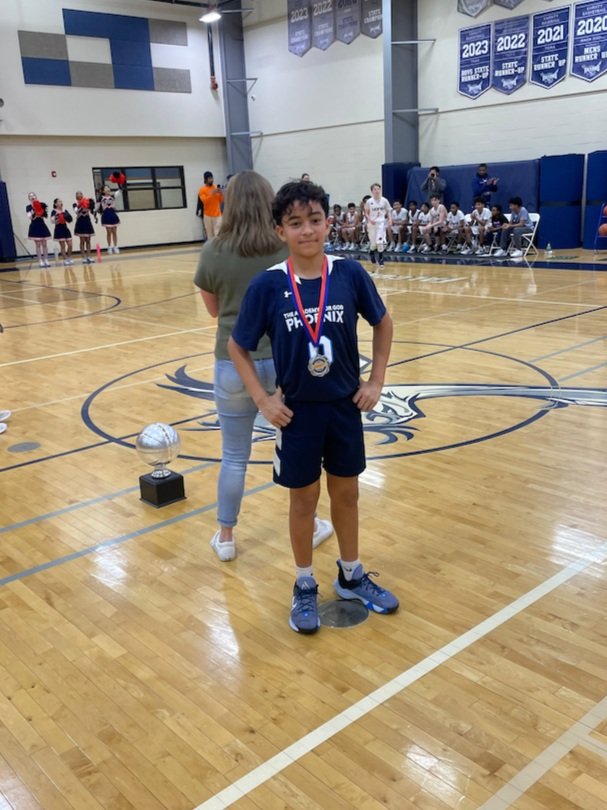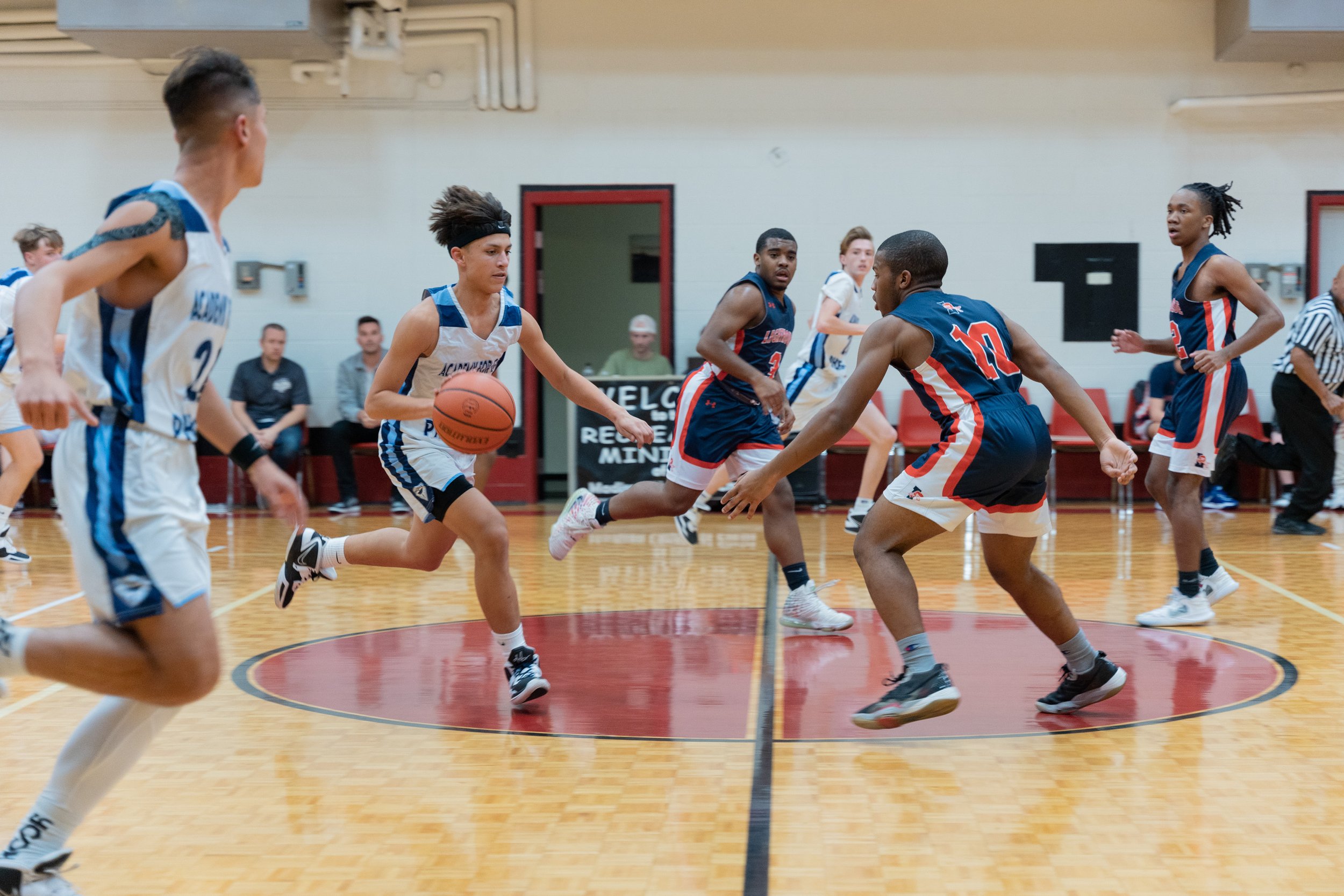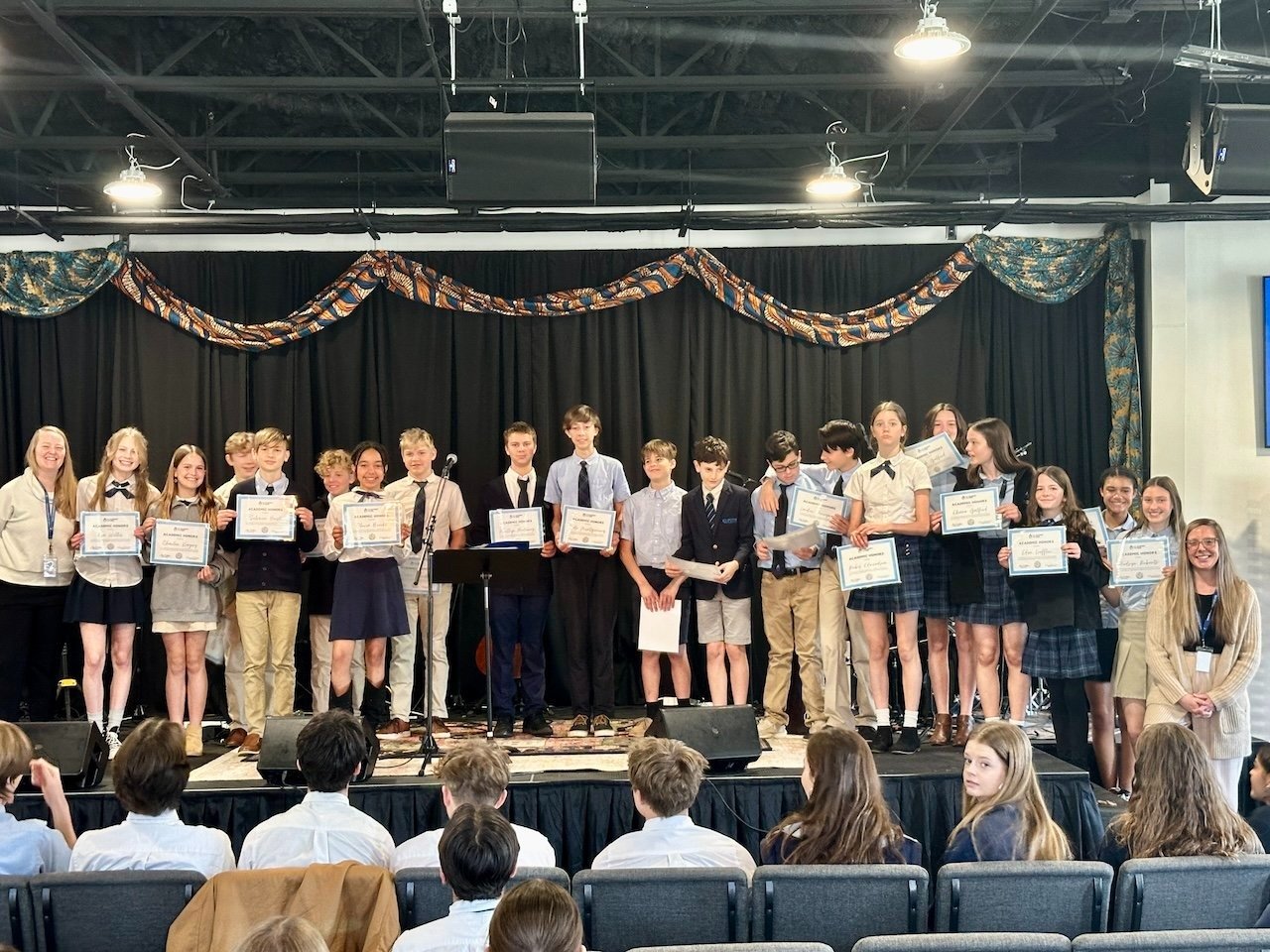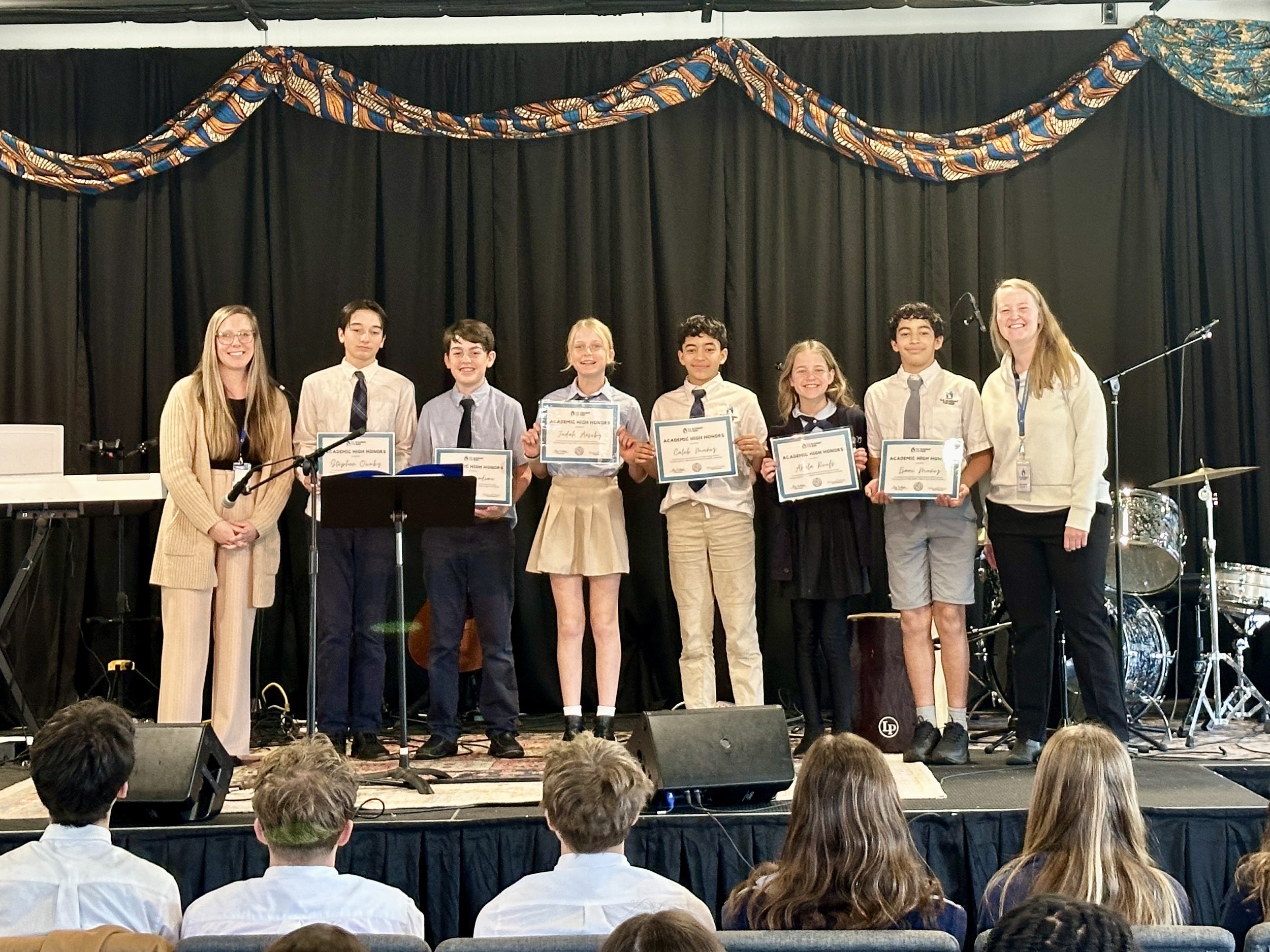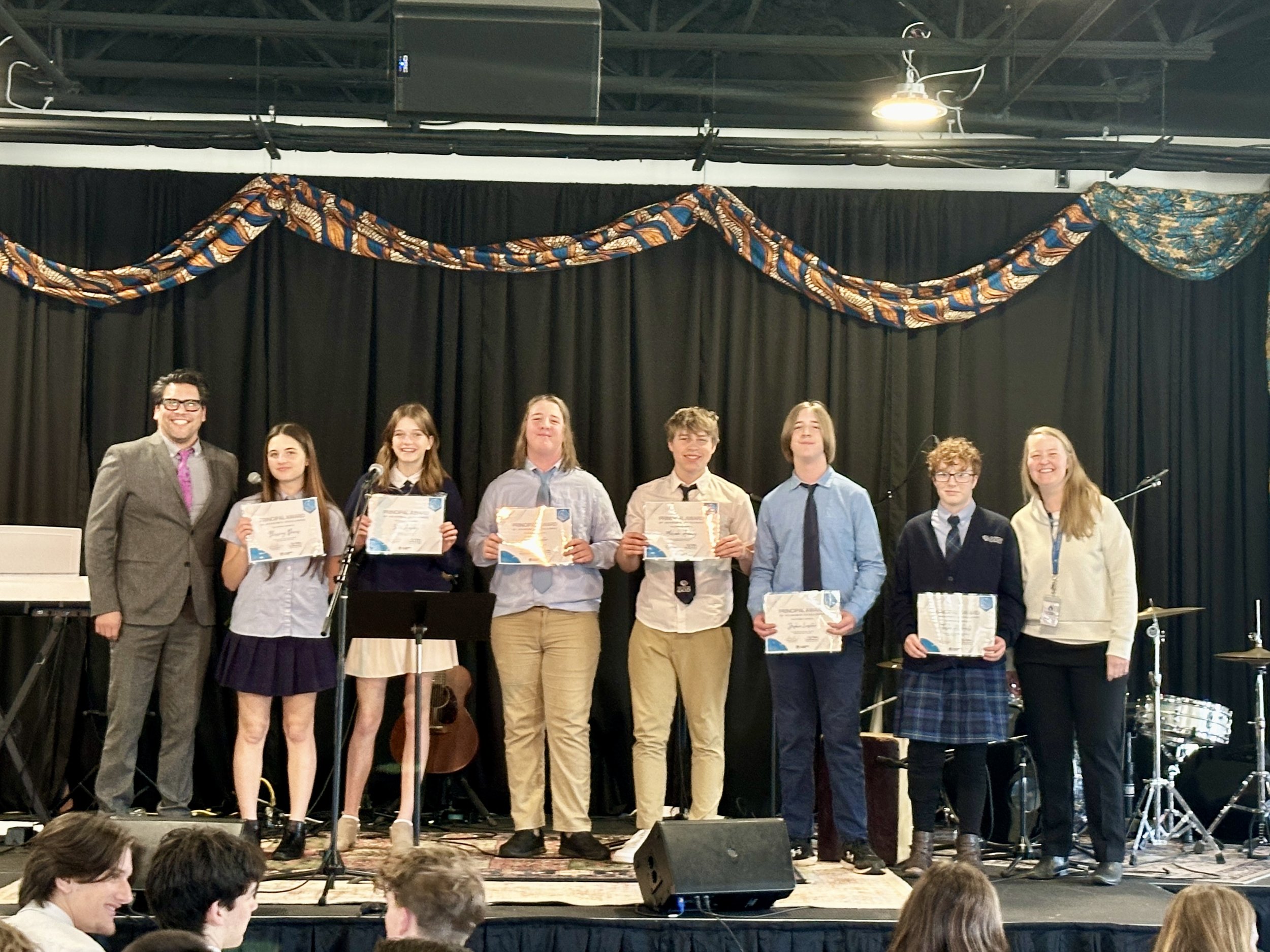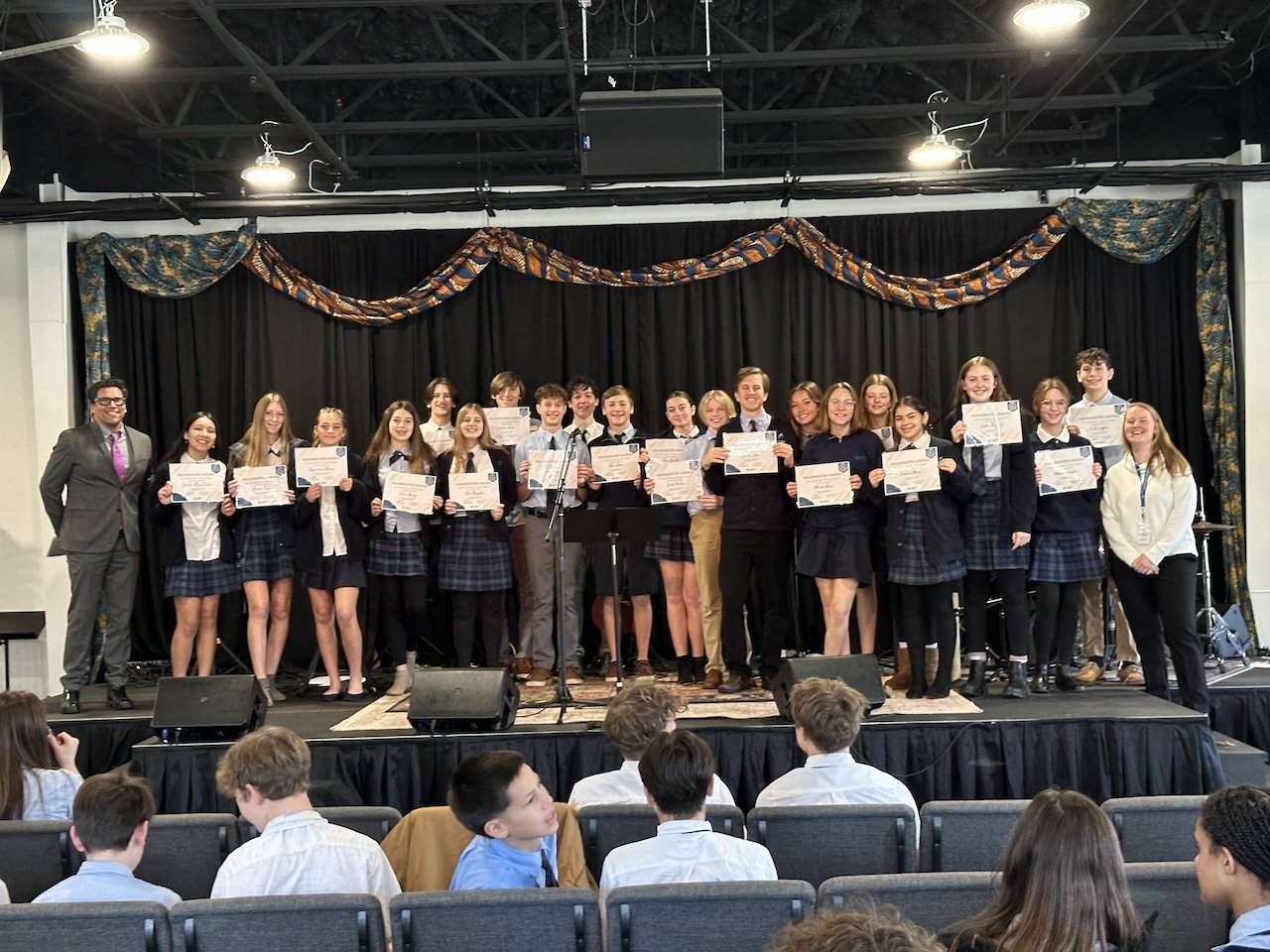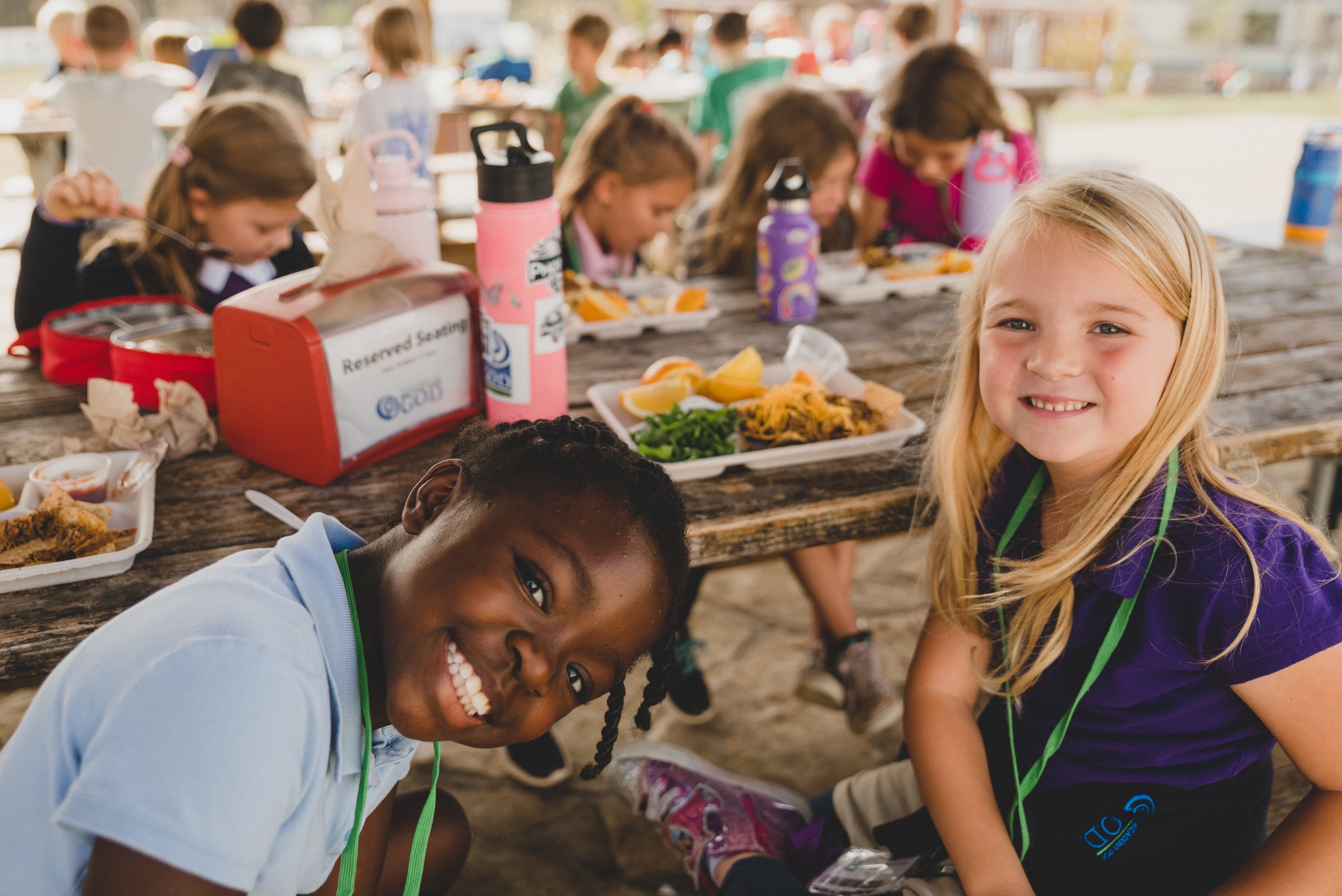The Nutritional Benefits of School Meals
March is national nutrition month, which is a perfect time to review the nutritional benefits of school meals. Dietary diversity and nutritional guidelines are two ways school meals can benefit a school age child’s nutrition.
1. Dietary Diversity: Dietary diversity is the variety of foods or food groups in a person's or household’s diet.1. Eating a variety of food and food groups is a key component to dietary diversity, which in turn allows for a greater amount of nutrients, vitamins and minerals to be consumed. “Low dietary diversity in children is linked to nutrient deficiencies that lead to a range of health conditions such as anemia and stunted growth” 2,3. School meals present a unique ability to address a potential lack of dietary diversity and ensure students have access to a variety of meals. In a single week students have access to what are called ‘sub groups’ of vegetables. Per regulatory guiltiness students must have each of the following sub groups of veggies: leafy greens, dark greens, legumes, red/orange and a miscellaneous group that includes items like cucumbers. This means by default school meals will present students with the opportunity to take in a wide range of nutrients from just vegetables alone. This doesn’t include offerings of whole grains, proteins, milk and fruit. School meals are prepared meals, meaning they are cooked for the students daily. Because of this dietary diversity increases just for the fact we are not limited to just grab and go foods or cold foods such as sandwiches or prepackaged items. Students have on the menu several types of whole grains throughout the week as well as a wide range of fruits, all of which present their unique nutrient dense qualities.
2. Nutritional Guidelines: The second way that school meals present a huge nutritional benefit is through the USDA nutritional guidelines for meals. As a school we have to ensure students receive items that have the appropriate amount of calories, fat, sodium and in some cases sugar. Students receive meals that have been tailored for their age/grade. The meals also have to have all the appropriate components including, grains, meat, vegetables, milk and fruit. Students will undoubtedly have a more nutritionally balanced when the meal has been planned out and calculated down to the calorie.
School meals are a fantastic way to ensure your student receives 5 meals a week that are pre-planned, diverse and meet strict nutritional guidelines.
1. Mason, P. & Lang, T. Sustainable diets: how ecological nutrition can transform consumption and the food system. (Routledge, 2017).
2. De Benoist, B., Cogswell, M., Egli, I. & McLean, E. Worldwide prevalence of anaemia 1993-2005; WHO Global Database of anaemia. (2008).
3. Rah, J. H. et al. Low dietary diversity is a predictor of child stunting in rural Bangladesh. European journal of clinical nutrition 64, 1393 (2010).
"Do You See this Woman?"
Academy junior, Esther Bargatze, writes a reflection poem on a hero of faith she studied in her historical biographies course in the fall.
By Esther Bargatze, Junior
An original artwork created by Esther to reflect her poem.
For my Historical Biographies class, taught by Ms. Mathews, last semester we all read a book about a different hero of faith. At the beginning of this semester we created a verbal expression based on what we learned from our books. I chose Cathrine Hamlin and read her autobiography. She was an obstetrician from Australia who went to Ethiopia to work at a hospital for three years, she ended up spending the rest of her life there and founded the first fistula hospital in Ethiopia. Her ministry became healing women who suffered from fistula’s which was an injury that occurred during childbirth. In first world countries fistulas were (and still are) very rare and quickly treatable, but in Ethiopia they were a tragic commonality. Cathrine Hamlin gave her life to treating women in Ethiopia who had been suffering from a fistula, these women were often neglected and ostracized because they were seen as unclean.
The piece I wrote is about the experience of these fistula patients in Ethiopia and their journey, including being treated. I wanted my piece to challenge people to consider if they let cultural norms and what they feel is normal effect how they perceive a person. I also created an art piece to go along with what I wrote.
She labors for days
Lacking medical aid results in mysterious complications.
She’s left ashamed of an unknown ailment, incurable.
If she's not ostracized by her community she isolates because of humiliation.
Her vulnerability leaves her susceptible to being trampled
but what was forced upon her left calluses.
What was a giver of life gave birth to death.
She is either forced to embrace motherhood alone
or forced to embrace the loss of a child alone.
Forced to embrace the medical repercussions of childbirth, alone.
Forced to navigate the disgust, disgrace and dishonor of being an unclean woman who is facing alone
the result of a reality that takes advantage of her vulnerability then declares her impure, repulsive,
and untouchable.
“Untreatable,” at the risk of having to face the personal discomfort of seeing someone so broken
so hurt in a part of the body that makes you uncomfortable to even think about.
So she is seen but disregarded.
It wasn’t until a hospital by the river that she heard, “daughter, your faith has made you well.”
There she was told, “child, arise.”
“Do not weep,” she was comforted,
healed from her wounds and freed from her societal “sins”.
The love of those who committed themselves to healing ushered in a calm voice that spoke
peacefully, “woman, you are freed from your disability.”
She had traveled weeks to receive a procedure that took fifteen minutes.
Those fifteen minutes cured her of a life lived neglected.
Before she had been downcast and miserable; now she was reborn as a beautiful, smiling woman,
with a look of joy in her eyes.
Do you see this woman?
Or do you only smell filth?
Do you only see her injuries?
Does it make you uncomfortable to see another human being so completely drenched in discomfort?
Or do you have the eyes to see this woman?
Can you strip away every cultural and personal concept for what you believe is normal…
Dr. Cathrine Hamlin with one of her cured fistula patients in Ethiopia.
or will you live blinded by a veil you’ve unknowingly accepted and accustomed yourself to?
Look up and let the veil fall off your face
your eyes will be redirected downwards to unexpected places,
to unexpected people.
But you will truly see them.
And you will see them as precious.
You will see them as God does.
Phoenix Basketball 2024 Season Comes to Close
We wanted to take a moment to recognize the achievements of our basketball teams and coaches for the 2023-2024 season. Our athletes and coaches have shown dedication, skill, and perseverance this season, and we are proud to acknowledge their performances.
We wanted to take a moment to recognize the achievements of our basketball teams and coaches for the 2023-2024 season. Our athletes and coaches have shown dedication, skill, and perseverance this season, and we are proud to acknowledge their performances.
The 2023-2024 jr high boys basketball team, coached by Ben Young and Teeyha Campbell.
First, we wanted to congratulate the Jr. High boy's team, led by coaches Ben Young and Teeyha Campbell. With a record of 16-4, they secured a second-place finish in the TSIAA conference, showcasing their talent and teamwork on the court.
Next, the JV Girl's and Boy's teams, with coaches Jen Nyago, Shaun Galford, and Isaiah Aaseby played an independent schedule that allowed them to elevate their game, providing invaluable experience and development opportunities that will shape their future contributions to our basketball program. The JV Girl’s team still has a couple of tournaments left to play in February and March.
Special recognition goes to our Varsity boy's team, led by coaches Andrew Bartlett, Isaiah Aaseby, and Stephen Ownby. They reached the semi-final game of the division 2 state playoffs, a testament to their hard work, skill, and determination throughout the season.
The 2023-2024 boys varsity basketball team, coached by Isaiah Aaseby, Andrew Bartlett, and Stephen Ownby.
We also want to honor our seniors, Antonio Thomas and Justice Garner, who have been integral members of our basketball program for all four years. Their leadership, dedication, and talent have left a lasting mark on our program, and we are very proud of their contributions.
We extend our sincerest gratitude to our senior captains, all our players, coaches, and loyal Phoenix fans whose support contributed to our teams’ successes throughout the season.
Some notable individual highlights of the season were the following (pictured left to right):
Elam Littleton received All-State honors with the TSIAA
Caleb Muñoz was awarded the Star of the Game for the Jr. High Championship game
Justice Garner's record-breaking performance, scoring 32 points in a single game on senior night.
We look forward to the continued success of our basketball program in the years to come. Together, we will continue to rise as the Academy for GOD Phoenix!
Congratulations once again to all our teams and coaches on the 2023-2024 season!
Academic Achievements for Semester 1, 2023
This month, the Academy for GOD celebrated students with academic honors by awarding our Principal's Award from Principal Alex Castro and our Headmaster's Award from Headmaster Gregg Garner. Over 50 jr high and high students were acknowledged at the Academy for GOD.
It's time to celebrate the incredible academic achievements of our Junior High and High School students at the Academy for GOD for the first semester of the 2023-2024 school year! These students have demonstrated hard work and dedication in pursuit of academic excellence.
In Junior High, the following students achieved Academic Honors, which is awarded to students who earned all As and Bs during the Fall 2023 semester.
7th Grade
Yonah Arroyo
Olivia Brooks
Brenton Buck
Abram Davis
Solomon Horst
Charlee Kagay
Jude Montgomery
Phillip Motorny
Landon Perryman
Eve Willis
8th Grade
Caden Aaseby
Daniel Cameron
Ruby Edmondson
Eliana Galford
Noah Galford
Eden Loeffler
Ajay Maute
Nanozi Nyago
Hudsyn Roberts
Also, in Junior High, the following students achieved Academic High Honors, which is awarded to Jr. High students who earned all As during the Fall 2023 semester.
7th Grade
Judah Aaseby
Isaac Muñoz
Caleb Muñoz
Abela Roufs
8th Grade
Tobin Nadeau
Stephen Ownby
In high school, the Principal’s Award was given to the following students students who achieved a Fall 2023 High School GPA of 3.5-3.86.
9th Grade
Zuri Aaseby
Caleb Lasater
Joshua Lasater
10th Grade
Malachi Aaseby
11th Grade
Ethan Benoit
Blessing Davis
Tyler Worlow
12th Grade
Tasha Andrews
Kiah Roufs
Furthermore, the Headmaster’s Award is given to the following high school students who achieved a Fall 2023 High School GPA of 3.87-4.0.
9th Grade
Evie Arroyo
Adia Bargatze
Esperanza Davis
Owen Kagay
Amani Kurtz
Ethan Olson
Shae Ownby
Sailor Reichert
Sarieli Reyes Sauls
Jaelyn Roufs
Jonah Willis
10th Grade
Camden Cole
Sophia Galford
Luke Loeffler
Joselyn Muñoz
11th Grade
Ezrah Aaseby
Esther Bargatze
Mckenzie Castlen
Eved Roufs
12th Grade
Sawyer Cole
Jackson Kurtz
Luci Muñoz
Zeke Nadeau
Moriah Olson
Congratulations to all the students at the Academy for GOD for their outstanding accomplishments during the first semester of the 2023-2024 school year. Your hard work and dedication inspire us all!
Globally Conscious Meal Times
During lunch, our value of “global consciousness” is demonstrated by introducing students to culturally diverse meals. Learning to eat a meal from another culture can start at a very early age and will allow students to have a diverse pallet into adulthood. Including culturally diverse meals isn’t just about giving students options, it is rooted in teaching them about world outside of themselves. Students can truly learn to appreciate other ways of life by learning to eat foods that taste and smell different from what they may normally eat.
At the Academy our mission is to holistically educate children, which occurs throughout their entire day whether in the classroom, at recess or at lunch. It is important to ensure that all aspects of a schools program reflect the mission and vision of the school. Part of the Academy’s Mission is to educate children to be “Globally Conscious.”
Globally Conscious as defined by our Mission Statement: “highlights an awareness of culture, race, customs, language, and perspective. Students will know that they are a part of a diversely beautiful world designed by God, where perspective taking becomes an inherent mode of interaction.”
During lunch, this value is demonstrated by introducing students to culturally diverse meals. Learning to eat a meal from another culture can start at a very early age and will allow students to have a diverse pallet into adulthood. Including culturally diverse meals isn’t just about giving students options, it is rooted in teaching them about world outside of themselves. Students can truly learn to appreciate other ways of life by learning to eat foods that taste and smell different from what they may normally eat.
Our students in particular are given the opportunity to travel to El Salvador on mission and even other culturally diverse populations in Tennessee. It is utmost importance that they learn to adapt to other cultures and appreciate foods that are prepared for them by other communities.
Over the years we have implemented culturally diverse meals in a variety of ways. We introduced bone in chicken one year, which for many young students was new. Students learned that people around the world eat their meals regularly with meat still on the bone. Students one year had a special class featuring fruits around the world and had the chance to eat anything from Lychee to Papaya. On another occasion students had a class where they were learning about Japanese culture and we served a special meal of Onigiri (Japanese Rice Balls). Other years we have introduced Thai Curry, along with Indian and Greek entrees.
We hope that all of our students can learn this important value of global consciousness in our cafeteria and step into adulthood with an ability to appreciate people from other cultures.








